Gardening essence, bonsai yew, visual art, yew master cultivation analysis
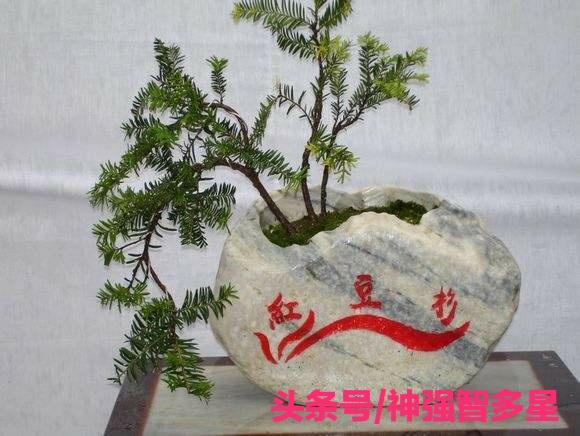
yew, also known as yew, is a plant of the genus Taxus. Taxus is a shallow root plant, its main root is not obvious, lateral root is developed, it is recognized as an endangered natural rare anti-cancer plant in the world, after the Quaternary glacier left behind the ancient relict tree species, has a history of 2.5 million years on the earth. Taxus is an evergreen tree with alternate branchlets and turning yellowish green or reddish brown in autumn; winter bud scales are round or obtusely ridged on the back; sickle-shaped leaves, binomial, 1.5ml 3 cm long, wider than other Taxus, with pointed and small ends, with two yellow lines at the bottom. Due to the slow growth rate and poor regeneration ability of Taxus under natural conditions, there has been no large-scale yew raw material forest base in the world for a long time. In 1994, Taxus was designated as a first-class rare and endangered plant in China, and it was also called a "national treasure" by 42 countries around the world that have yew. Logging is also banned by the United Nations, and it is a veritable "plant giant panda".
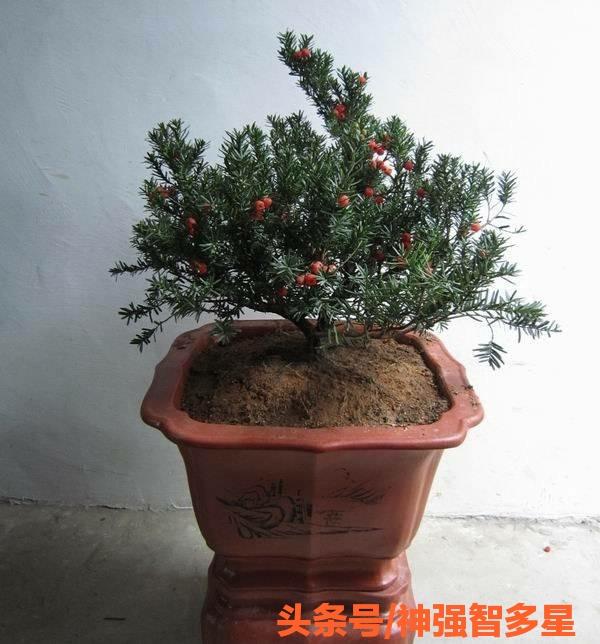
Chinese name
Taxus mairei
Taxuschinensis (Pilger) Rehd.
The distribution areas are mainly produced in Shaanxi, Sichuan, Yunnan, Guizhou, Hubei, Gansu, Hunan and Guangxi.
The plant kingdom.
Door, pine and cypress door.
Class pine and cypress class
Red bean and Chinese fir
Taxodiaceae
Genus Taxus
Plant Taxus
Also known as flat cypress, red bean tree, yew
Binomial Taxuschinensis
Subphylum gymnosperms
Environmental distribution in alpine limestone mountain areas
Shallow root plant with ecological habit
Life form evergreen tree
Sunshine and shade
Moisture tolerance to drought
The optimum temperature is 20: 25 ℃.
Sandy loam
The sea is up to 1000-1200 meters above sea level.
Edible value leaf pericarp can be processed into tea
Medicinal value of diuresis and detumescence
Industrial value purified paclitaxel, wood carving
Special purpose greening and ornamental
Toxic. Toxic.
Symbolize longevity
The height of the plant is about 30m.
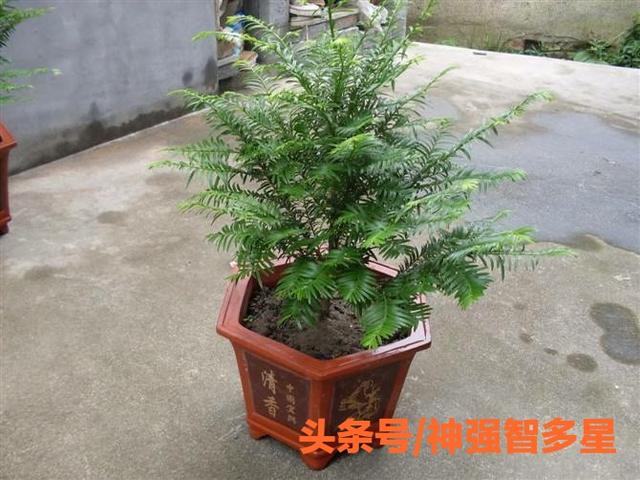
morphological characteristics: yew up to 30 meters high, DBH up to 65-100cm; bark grayish brown, reddish brown or dark brown, split into strips and fall off; big branches spreading, annual branches green or yellowish green, autumn turning green yellow or light reddish brown, biennial branches yellowish brown, light reddish brown or beige; winter buds yellowish brown, light brown or reddish brown, glossy; winter scales round or obtuse ridged on the back Leaves striate, dioecious, seeds oblate. Seeds are used to extract oil and can also be used as medicine. Belongs to the shallow root plant, its main root is not obvious, the lateral root is developed. Leaves spirally alternate, base twisted into distichous, strip slightly curved, long 1~2.5cm, wide 2~2.5mm, leaf margin slightly reflexed, leaf tip acuminate, leaf back with 2 broad yellow-green or gray-green stomatal bands, dense small convex spots on midvein, leaf margin green belt is very narrow, dioecious, seeds flat and round. Seeds are used to extract oil and can also be used as medicine. Belongs to the shallow root plant, its main root is not obvious, the lateral root is developed.
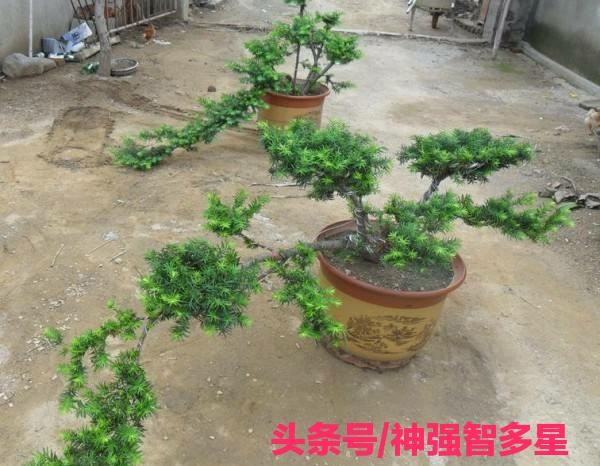
Growth habits: Taxus is suitable for planting in the north and south of China, and it has the characteristics of shade, drought and cold resistance, and the soil PH value is required to be 5.5-7.0.
The environment is shady, can also grow under the dense forest, perennial, can not become a forest. It is more common in the coniferous and broad-leaved mixed forest dominated by Korean pine. Born on stony or barren soil on the top of the mountain, most of them are shrubby. The average annual temperature in the place of origin is 2 ℃ to 7 degrees, and the average annual precipitation is 750-1000 mm. Mostly scattered under the moist, fertile coniferous and broad-leaved mixed forest on shady or semi-shady slopes. Sex likes cool and humid climate, can withstand low temperature below minus 30 ℃, strong cold resistance, the optimum temperature is 20: 25 ℃, it belongs to negative tree species. Like moist but afraid of waterlogging, suitable for planting on loose, moist and well drained sandy loam.
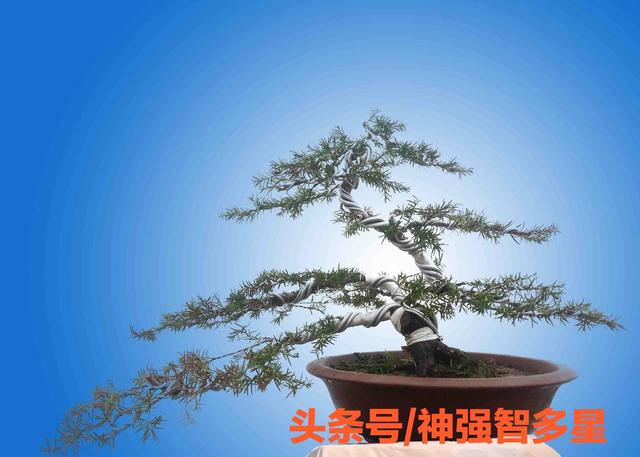
distribution range
It is widely distributed in Lechang, Guangdong, Shaanxi, Hubei, western Anhui, Fanjing Mountain and Fuding Mountain in Tongren City, Sichuan Province, most areas in southwest Chongqing, Youyang Dabanying primeval forest, southern Gansu and so on.
With the exception of Australia's AustrotaxusSpicata, which is found in the southern hemisphere, the rest of the yew is produced in the northern hemisphere. There are 4 species and 1 variety of Taxus chinensis, which are distributed in most parts of China. Taxus mairei is mainly distributed in Changbai Mountain and Heilongjiang in Jilin Province, and a small amount in the mountainous area of eastern Liaoning. Taxus yunnanensis is mainly distributed in 16 counties in western Yunnan and prefecture with a total area of about 90,000 square kilometers, which is characterized by wide distribution, scattered growth, no pure forest and mostly scattered trees in the forest. Taxus mairei is mainly distributed in pure forests in eastern, southwestern and eastern Yunnan, mostly scattered trees in the forest.
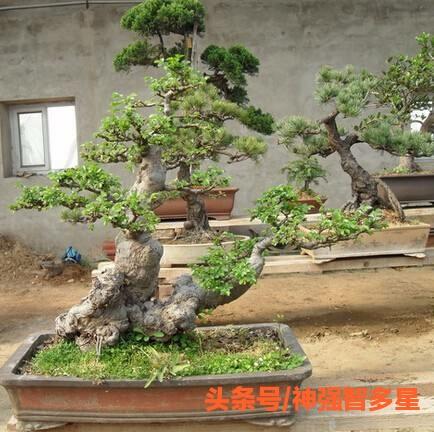
Culture method of Taxus
Taxus is a shade-loving plant.
It is not suitable to bask in the sun by the window. Spray water on the leaves every day to keep the humidity.
Like shade plants at any time
But it's not without the sun. You can bask in the sun on your side.
But in the right amount, ventilation should be done twice in the morning and evening, 15 minutes each time, and the ventilation time is 9-10 in the morning.
Preferably, spray water twice a day when the weather is hot, and it is appropriate to drip water on the page. If you are watering and irrigating, you must
Water thoroughly at one time, and do not water it at both ends of the day. Matters needing attention in yew culture:
1, yew sex like yin, do not direct sunlight, put in the living room, bedroom, balcony corner can. In the evening
Wait, you can put it on the windowsill to make it breathable. 2. The choice of watering time can be judged from the following two aspects:
The leaves of the yew are tall and straight, bright, if the page appears tired, it will be watered, if the leaves droop, indicating that the lack of water is serious.
Tap the basin a few times with your hands, and you can tell from the sound that if the sound is empty, it means the soil is dry and needs watering. Judging from the basin soil, insert your finger into the soil 2-3 cm, feel the soil dry, and need watering.
Plants need different amounts of water in different periods, with more water in the growing period from March to November and less in the dormant period from December to February. As for the different watering cycle, water is usually watered every 5-7 days in spring and autumn, 3-5 days in summer and 7-10 days in winter. 3, surroundings. Taxus does not have great requirements for the environment, in addition to achieving the first point not to direct sunlight, but also
Be careful not to blow directly to the air conditioner indoors, don't get close to the heating in winter, and don't throw cigarette butts, tea and other sundries into the basin at will.
4. If there are withered or yellow leaves or diseases and insect pests, methyl topiramate, potassium dihydrogen phosphate can be used to irrigate or spray, general dosage
Yes: a small bag of integrated.
I wish you all a lot of money in 2018 yuan. Pay attention to the positive energy of the editor, continue to write and share more experience.
- Prev
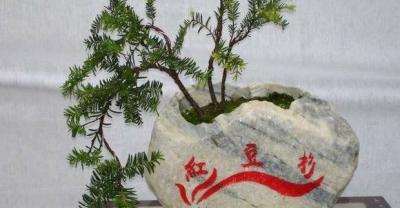
What if the bear boy's leaves are soft? The old gardener will give you some advice.
Bear Boy leaves soft how to do, the old flower friend said; such a situation on three points, one is the lack of water, and the other is the root system is not good, which will lead to bear boy.
- Next

Plant slow life: gardening embroidery seems to freeze flowers in time!
Plant slowly. Life. By hand. Olga Prinku, who lives in England, is a versatile graphic designer and craftsman, as well as a florist.
Related
- Wuhan Hospital Iron Tree Blooming Result Was Instantly Frightened by the Gardener Master
- Which variety of camellia is the most fragrant and best? Which one do you like best?
- What is the small blue coat, the breeding methods and matters needing attention of the succulent plant
- Dormancy time and maintenance management of succulent plants during dormancy
- Minas succulent how to raise, Minas succulent plant pictures
- What are the varieties of winter succulent plants
- How to raise succulent plants in twelve rolls? let's take a look at some experience of breeding twelve rolls.
- Attention should be paid to water control for succulent plants during dormant period (winter and summer)
- Watering experience of twelve rolls of succulent plants
- Techniques for fertilizing succulent plants. An article will let you know how to fertilize succulent plants.

